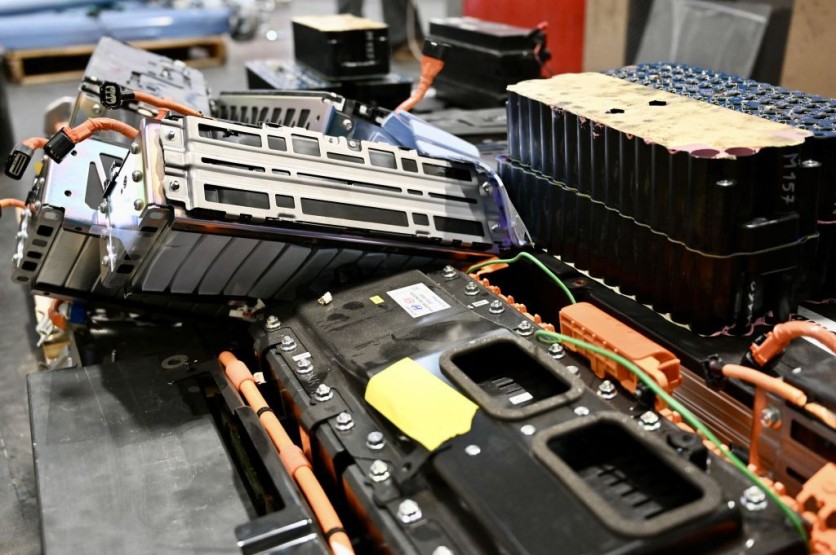Scientists from Texas A&M University are currently developing on water-based batteries, as reported by Electrek.

The batteries are metal-free, which can help boost energy storage capacity significantly. Also known as aqueous batteries, they consist of a cathode, a negatively charged electrode; an anode, a positively charged electrode; and an electrolyte.
How it Works
What makes the water-based battery different is that its cathodes and anodes are polymers that can store energy and the electrolyte is water mixed with organic salts.
It is the electrolyte that transfers the ions back and forth between the anode and cathode. Then the electrolyte is also important to energy storage via its interactions with the electrode.
The electrodes seem promising for water-based batteries due to the high discharge voltage and fast redox kinetics of the polymers. However, there are not enough details yet about the energy storage mechanisms of the polymers in an aqueous environment. Its reaction is complex and challenging to resolve due to the simultaneous transfer of electrons, ions, and water molecules.
Also read: Scientists develop first ever water-based nuclear battery
The Future of Water-Based Batteries
If things go to plan, the aqueous batteries may help with the potential shortages of metals, like lithium and cobalt. It will also help eliminate the possibility for battery fires.
Another advantage of water-based batteries is that they can be a great alternative to lithium-ion batteries when their price the way up. An alternative battery may turn the chemistry, in which supply is more stable because it can be manufactured in the United States.
The Potential to Revolutionize the Battery Industry
Water-based batteries, also known as aqueous batteries, are a type of battery that uses water-based electrolytes instead of traditional organic electrolytes. This makes them a safer and more environmentally friendly alternative to traditional batteries.
One of the main benefits of water-based batteries is that they are less flammable than traditional batteries. This makes them a safer choice for use in consumer electronics, electric vehicles, and other applications where safety is a concern.
Water-based batteries are also more sustainable and eco-friendly than traditional batteries. They are made from non-toxic and abundant materials, such as zinc, iron, and manganese, which are readily available and easy to recycle. They also do not contain toxic chemicals or heavy metals, making them a safer option for disposal.
In addition to their safety and sustainability benefits, water-based batteries are also more cost effective than traditional batteries. They have a longer lifespan and require less maintenance, which can save money over time.
However, there are also some drawbacks to water-based batteries. They typically have lower energy density and power density than traditional batteries, which can limit their use in high-power applications. They also require larger and heavier components, which can make them less practical for use in portable devices.
Despite these limitations, water-based batteries have the potential to revolutionize the battery industry and offer a safer, more sustainable alternative to traditional batteries. As research and development continue, it's likely that we'll see more widespread adoption of water-based batteries in a variety of applications.





